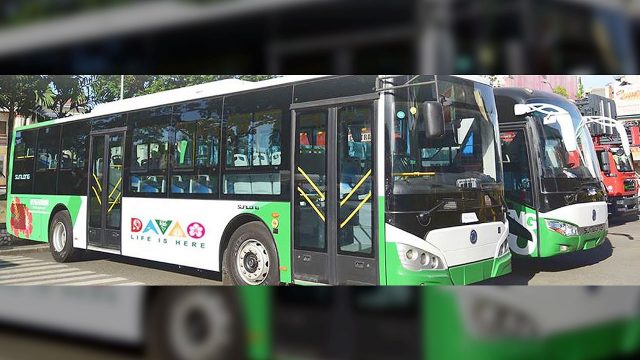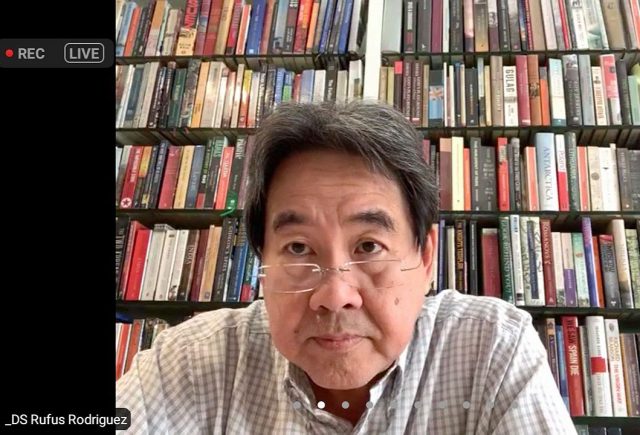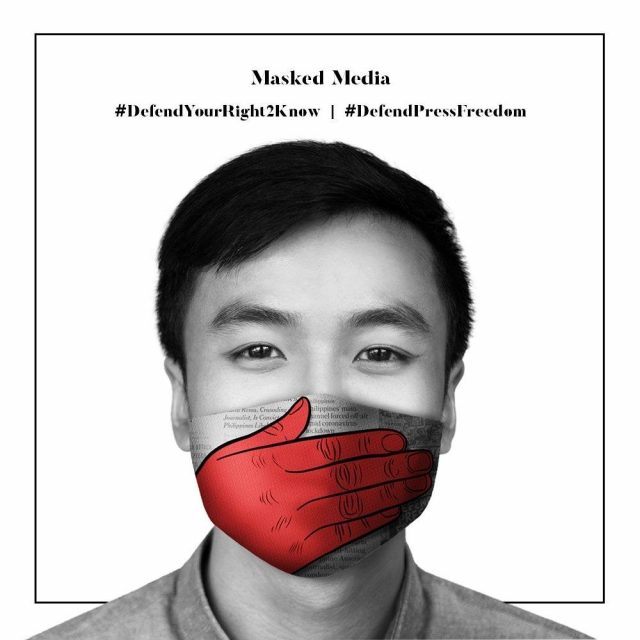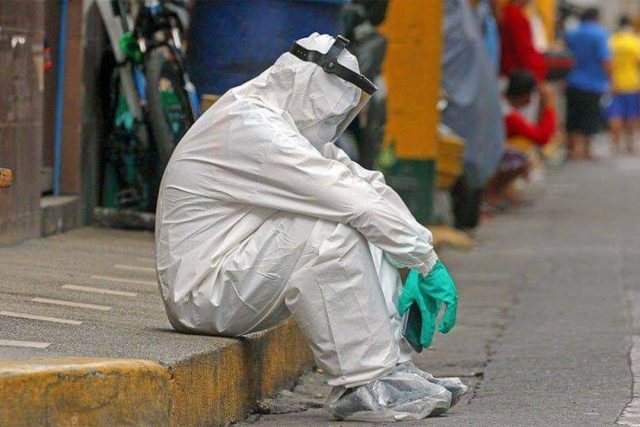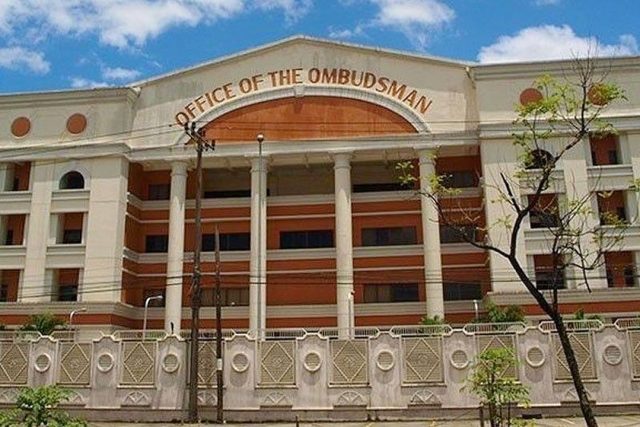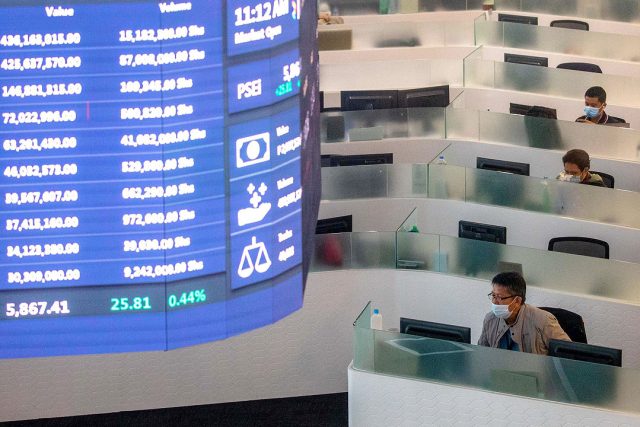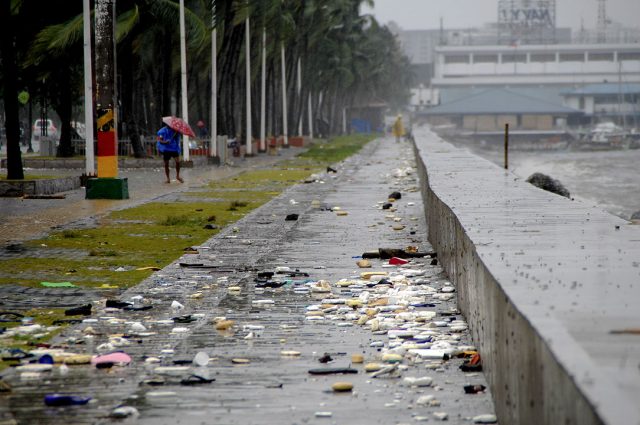(Part 3)
Following the experience of South Korea, the Philippines has the potential of becoming a First World or advanced economy in the year 2050. This is consistent with the long-term projection that Hongkong and Shanghai Banking Corp. made in 2012 that the Philippines will be the 16th largest economy in the world in 2050. The path to an advanced economy for the Philippines will not be, however, just a replication of the Korean model. There are enough important differences between these two East Asian economies to warrant some significant departures from the Korean model in the development process in the Philippine case. We shall first dwell on the similarities, the first of which is the highest priority to be given to rural and agricultural development which, as we saw in a previous article, South Korea did not neglect, despite its relatively poor agricultural endowments.
The Philippines cannot become an advanced economy if it continues to underinvest in increasing agricultural productivity and in addressing the age-old problem of rural poverty. In this regard, we have to learn a lesson from what is now happening in China. Despite its spectacular success in liberating some 700 million Chinese from extreme poverty over the last two decades, the Chinese supreme leader Xi Jinping is still very unhappy about the highly unequal distribution of income and wealth in China today. Much has to do with continuing rural poverty.
All data about the Philippine agricultural sector show its backwardness, especially compared to its peers in Southeast Asia like Thailand, Malaysia, and Vietnam. The most obvious sign of agricultural backwardness is the fact that agriculture accounts for about 25% of the total labor force but contributes only about 8% to Gross Domestic Product. The Philippine Government has consistently underinvested in agriculture. Even up to 2021, the agriculture accounts for only 2% of the national budget compared to 5% of Vietnam and 4% of Thailand. The Philippines is the only country in the ASEAN region that has a net import of agricultural products, compared to the huge net export surplus of Vietnam and Thailand.
As discussed in a presentation of one of the top agribusiness experts of the country, Pablito M. Villegas, the pandemic exposed the serious lack of food security of our economy. From 2019 to 2020, we experienced a decline in agricultural trade (exports and imports). Our food system, however, is highly dependent on imports. In 2019, we recorded P675.5 billion in agricultural imports which was 203% larger than agricultural exports of only P334 billion or an import-export ratio of 2:1. In 2020, at the height of the pandemic, our agricultural imports amounted to P629 billion as compared to exports of P310 billion.
In a brief of the Department of Trade and Industry in 2017 entitled “The Philippines in Agribusiness Global Value Chains: Introduction,” it was lamented that during the previous three decades, the country had lagged behind the performance of its Asian neighbors in agribusiness progress. This was attributed to the dramatic slowdown of agricultural output growth. Factors such as agrarian reform; grossly inadequate investment in irrigation, farm-to-market roads, post-harvest facilities and other services required by the small farmers; climatic disruptions; and slowdown in export potential due to the overvaluation of the peso have been blamed for the sluggish growth of the agribusiness sector. This failure to address agricultural productivity explains significantly the high poverty rate in the Philippines, which now has risen to close to 20% again as a result of the pandemic. Its ASEAN peers like Malaysia, Thailand, Vietnam, and Indonesia have poverty incidences either at zero or close to zero.
Given this diagnosis, there are some very obvious measures that have to be implemented in the next decade or so for the Philippines to move towards advanced economy status and reduce income and wealth inequity: invest heavily in rural infrastructure; consolidate small farms to attain economies of scale in the production of higher-value products that go beyond bananas and pineapples; adopt a more realistic foreign exchange rate to encourage higher exports in general; encourage the establishment of agro-industrial zones in order to facilitate the processing of high-value agricultural products especially for exports.
EDUCATION
Then there is the low quality of basic education based on the evidence that Filipino children do very poorly in international tests in reading ability, mathematics and science. The country has been underinvesting in public education compared to our ASEAN peers. We have been investing an average only 2% to 3% of GDP on education while the ASEAN average is between 4% to 6%. Especially crucial is the need to compensate teachers with even higher wages, even if they are already receiving above-average wages compared to teachers in the private sector.
Also crucial is investing in better physical facilities, and especially in the post-pandemic era during which some amount of blended learning will be necessary, in digital infrastructures and devices made available to the students. The top universities like the University of the Philippines and some outstanding private universities like the Ateneo University, De La Salle University, the University of Sto. Tomas, the University of San Carlos in Cebu, and St. Paul University in Tuguegarao must be encouraged to help public schools in improving the quality of their teachers through all sorts of training programs, both long-term and short-term, offered to public school teachers. Many more large businesses must follow the example of some corporate groups like the Ayala Corp., the Metro Bank Group, the Aboitiz group and others of spending a great part of their CSR funds in helping improve the quality of our public-school teachers. All efforts must be exerted to improve the working conditions of public school teachers so that the best and brightest can be attracted to this profession.
A related problem is the shortage of technical skills, especially in the construction industry which will need millions of qualified workers for at least the next decade or so if we are to sustain the Build, Build, Build program to improve our lagging infrastructure sector compared to our East Asian neighbors, especially Taiwan, South Korea, and China. Even now, we are already suffering from not having enough mechanics, plumbers, electricians, masons, and carpenters, a shortage that is slowing down the Build, Build, Build program. As I have written many times before, the problem is that of the mindset of parents and the youth. There is a very obvious bias against blue collar work and a literal obsession with college diplomas, not very different from what exists in the United States where every young person aspires to go to a university instead of a technical school.
A recent well publicized article in The Inquirer (Sept. 12) featured a TESDA-style technical school called the Dualttech Training Center Foundation, Inc. which has adopted a system used in Germany and other European countries that allows students to learn technical skills, such as those in electro-mechanics, both in school and in their employers’ workplaces. We have to multiply this type of school (others are the MFI Polytechnic and the Center for Industrial Technology and Enterprise in Cebu) a hundredfold and convince many more of our youth finishing their senior year to consider acquiring technical skills rather than pursuing the white-collar professions. Sometimes, I think it is counterproductive to talk constantly about Industrial Revolution 4.0 when in the next decade at least we will need more skilled workers in the first three phases of the Industrial Revolution which we have not yet completed: the mechanical, electrical and electronic ages. Let’s not rush into the digital.
As regards the tertiary sector of our educational system, I propose we follow the policy of numerus clausus that many European countries followed at the beginning of their development process. They limited entrance to their universities to the elite — not the economic elite but the intellectual elite. We should invest heavily in the University of the Philippines system and avoid proliferating state colleges and universities. We should, however, make sure those who get admitted to the UP system are really the best of our high school graduates, whatever social class they belong to. It may be providential that the pandemic made it advisable not to base admission on UPCAT or the admissions test. The youth from the well-to-do families have an advantage in scoring high in admissions test because of their well-endowed backgrounds. We should practice a lot more affirmative action in the admission of students into our state universities.
This policy should be complemented by a generous scholarship program for deserving but economically deprived high school graduates who want to enroll in the best private universities. The Ateneos and the De La Salles should also have as the majority of the students they accept those who come from the lower income groups whose enrollment in these private universities can be heavily subsidized by the Government. This is better than putting up too many state colleges and universities. There should be very close complementarity between public and private universities. The same can be said about whom to send for doctoral or post-doctoral studies to the best universities abroad. There should be scholarship programs for the best and brightest, supported by both the public and private sectors, for those accepted by the best universities abroad, with the usual terms of serving a required number of years in some academic and/or research institutions in the Philippines.
Another major obstacle to attaining advanced economy status in the coming years is the difficulty that investors (both domestic and foreign) face in establishing and operating a business in the country. In the World Bank publication Doing Business 2020, which ranked 190 economies on the Ease of Doing Business, the Philippines ranked 95th, comparing poorly with its ASEAN peers such as Singapore (2nd), Malaysia (12th); Thailand (21st) and Indonesia (73rd). According to the World Bank, it takes an average of 13 procedures to start a business, nine procedures to register property, and 22 procedures to build a physical establishment in the Philippines. Once a business starts to operate, it has to make 13 annual tax payments. If a contract is broken and there is a need to resolve some dispute with either customers or suppliers, it takes an average of 962 days to resolve an issue through the courts. Despite efforts to improve the ease of doing business through legislation, the reality on the ground is still discouraging.
Compounding the problems faced by investors with dealing with national agencies, there are the many obstacles that Local Government Units are wont to impose on investors. Add to these operational challenges faced by the investors the legal restrictions against foreign direct investments found in some laws and the very Constitution itself. Considering that both the Philippine Government and the private sector will face a serious shortage of long-term domestic capital after the debt crisis resulting from the pandemic, it will be absolutely necessary to attract both debt and equity capital from abroad in the coming years, especially if the Build, Build, Build program is to be sustained.
To be continued.
Bernardo M. Villegas has a Ph.D. in Economics from Harvard, is professor emeritus at the University of Asia and the Pacific, and a visiting professor at the IESE Business School in Barcelona, Spain. He was a member of the 1986 Constitutional Commission.
bernardo.villegas@uap.asia


